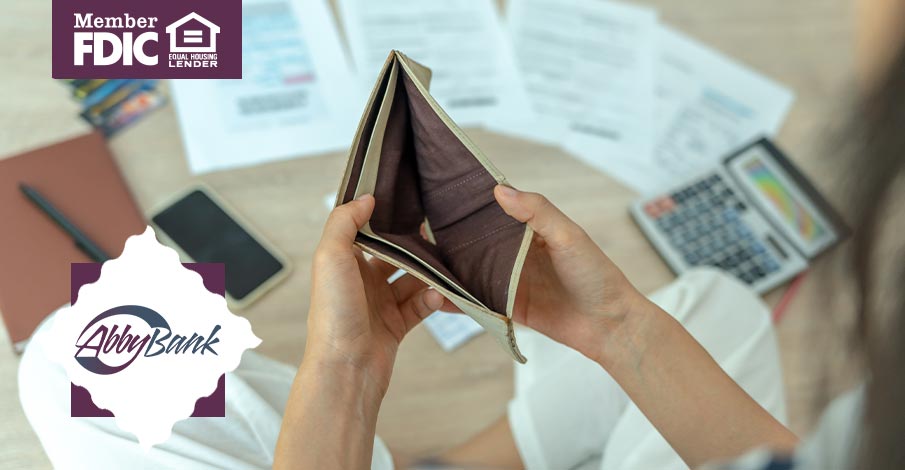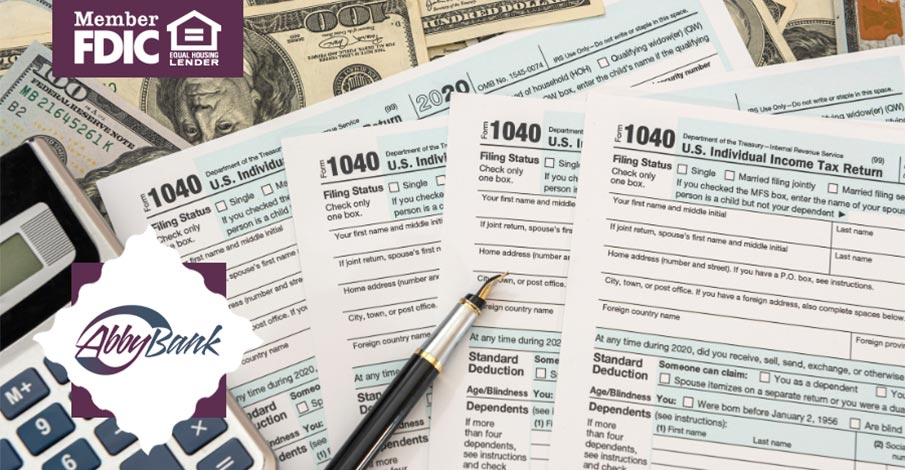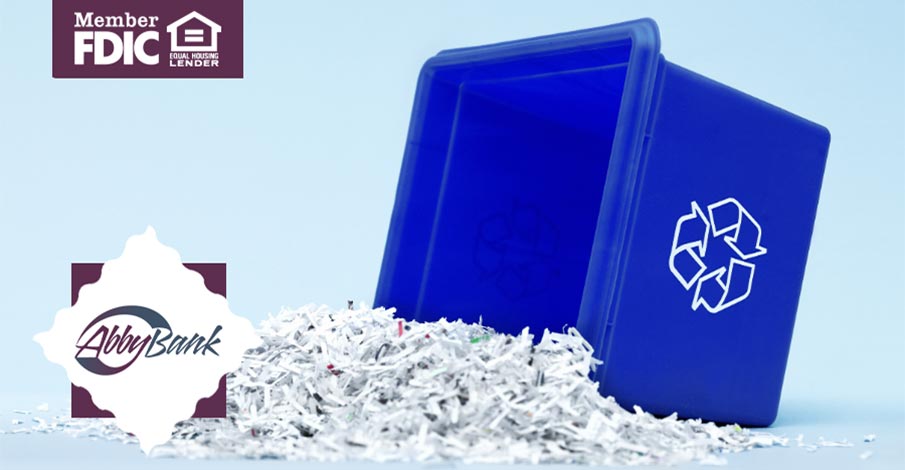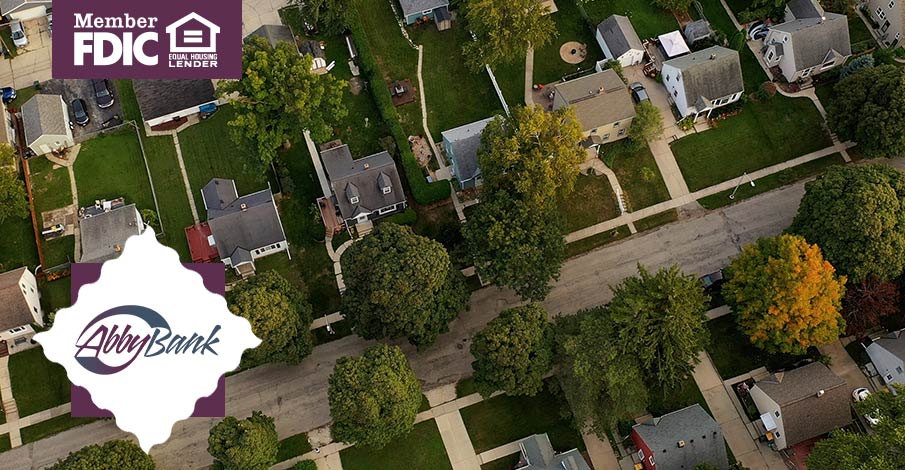What Is Debt Consolidation and How Does It Work?
You’ve probably heard this term in passing, but what does debt consolidation really mean? Debt consolidation involves combining multiple debts into one new loan or repayment plan. The goal? Simplify your finances and ideally secure a lower interest rate.
Here are some common consolidation methods:
- Personal loans
- Balance transfer credit cards
- Home equity loans or lines of credit (HELOC)
- Debt management plans through nonprofit credit counseling agencies
While consolidation can make repayment easier, it’s not a one-size-fits-all solution.
Related: I’m in Debt – What Should I Do?
Pros of Debt Consolidation
1. Simplified Finances
Managing one monthly payment is easier than keeping up with several. This can help reduce stress, improve organization, and may help you pay off debt faster.
2. Lower Interest Rates
If you have good credit, you may qualify for a lower interest rate than what you’re currently paying, especially on high-interest credit cards. That could potentially save you hundreds or even thousands over time.
Related: Improving Your Credit Score 101
3. Faster Repayment
With lower interest and a set payment schedule, more of your payment goes toward the principal, helping you get out of debt sooner.
Related: How to Pay Off Debt Faster
4. Potential Credit Score Boost
Although your credit score may dip slightly after opening a new loan, it can improve over time with consistent, on-time payments and lower credit utilization.
Related: Cracking the Credit Code: The Ultimate Guide to Decoding Your Credit Score
Cons of Debt Consolidation
1. You Still Owe the Same Amount
Debt consolidation doesn’t erase your debt; it just repackages it. Without changes to your spending habits, you could fall back into the same pattern.
2. Upfront Fees
Some consolidation options come with fees like:
- Origination fees on loans
- Balance transfer fees (typically 3–5%)
- Closing costs on home equity loans
Always read the fine print to avoid surprises.
3. Collateral Risk
If you use a home equity loan or HELOC, your home is used as collateral, which means it could be at risk if you’re unable to make payments. Always make sure you fully understand the terms and work with a trusted lender, like AbbyBank, to make the best decision for your financial situation.
Is Debt Consolidation Right for You?
Debt consolidation can be a great option for you if:
- You have good credit and can qualify for a lower interest rate
- You’re ready to stop relying on credit cards and stick to a repayment plan
- You want a clearer path to becoming debt-free
But if your debt feels unmanageable and you’re missing payments, other solutions like credit counseling, debt settlement, or even bankruptcy may be more appropriate.
Not sure where to start? We’re here to help. Contact us.
Let AbbyBank Help You Weigh Your Options
If you’re considering debt consolidation, talk to the local team at AbbyBank. We’ll walk you through your options and help you find the best path forward for your financial future.





